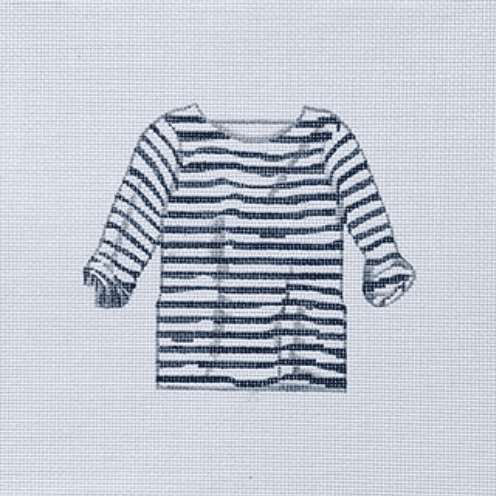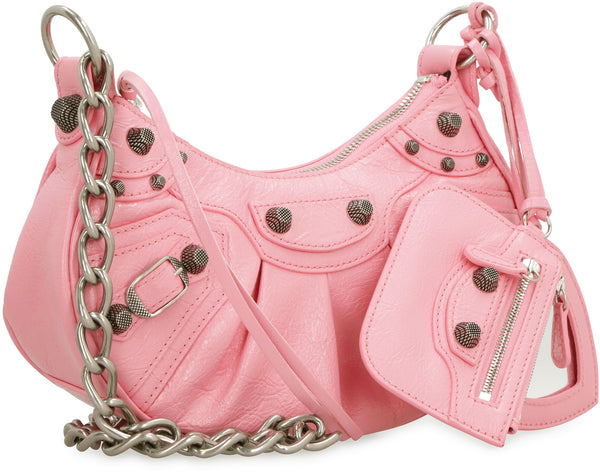From infancy till school age, your child goes through several crucial stages of social development. We all are aware of the fact that every child is different, but most of them reach the same milestones near the same period as their peers. Social development in children is perhaps more tough to track compare to their physical development, but is equally imperative as it affects their relationship skills and self-esteem through their life.

In the Beginning
Your child starts responding you the moment they are born, but it will be a while before they master the essential social skills to form relations. As soon as your child is 3 months old, they may be making faces at your and also may imitate your facial expressions. Eye contact will increase in this period. Between the periods of 3 to 6 months, they may be smiling frequently and would also respond to their name. At this point, the baby realizes that he or she is an individual and not a part of their mother. By the time the baby turns one, your child perhaps be interested in observing other infants and will also mimic their actions, even though they are too young to pay with. Click here for more details on social development in children.
The Toddler Period and Tantrums
During this phase, you will find that your child’s language skills are improving, which would help them form relationships. Nevertheless, your child may prefer to play alone. When your child starts to reach out other kids to play, their style will be unsophisticated. They do not understand how to cooperate or share, which leads to yelling, hitting and crying.
Preschool Patience
During this phase of preschool which is 3 to 5 years, your child is better equipped to verbalize their emotions, instead of communication via physical gestures or any sort of aggressive behavior. Independence and greater confidence enables them to explore their relations on their own terms. Children learn to take turns, share, display patience and show empathy while socializing with others.
School Age
From 6 years and above, you may find that your child has a best friend, even though they may change their ‘best friend’ on a regular basis. But the point here is that your child must have the social skills that are necessary to handle longer play dates as well as sleepovers, kindness, patience and respect. The early grade schooler perhaps requires a lot when it comes to parental supervision, guidance and reassurance, but the need will decreases your child moves towards adolescence.






:max_bytes(150000):strip_icc()/RareBeauty-Perfect-Strokes-Mascara-JESSICAJULIAO-0586.jpg-2aaec77adfe9485ea576f551d0a429f9.jpg)




